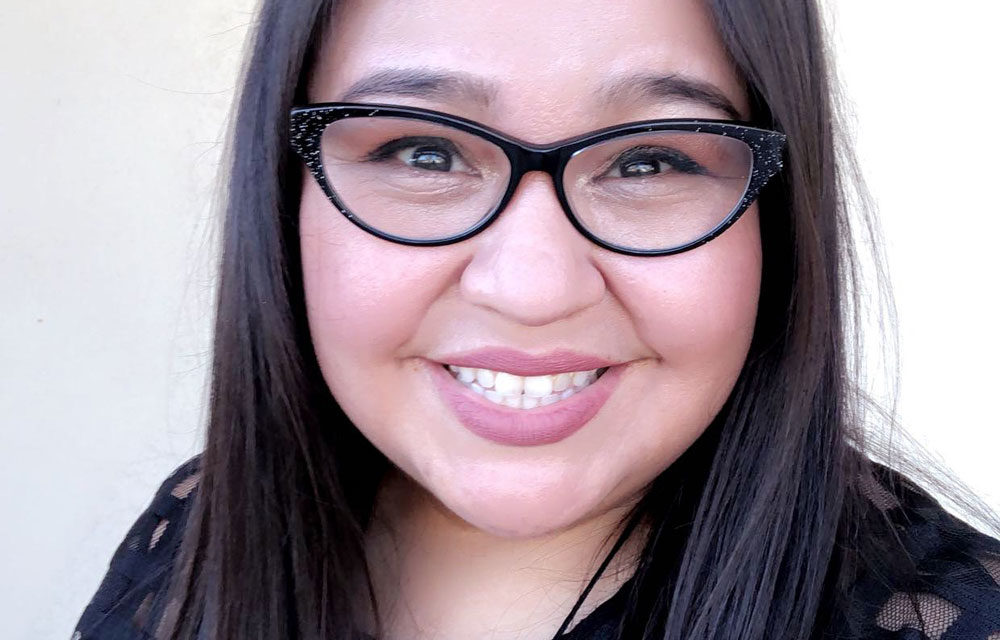It’s been over a year since the pandemic hit, leaving many with feelings of anxiety, depression and uncertainty. These feelings continue to impact personal and professional relationships all over the world. May is the month chosen to raise awareness about mental health and to reduce the stigma so many often experience. Recently, I got to sit with a local licensed clinical social worker named Angela Solis.
We discussed the important role that social workers play. They provide counsel as well as resources on where to get help. Ms. Solis explained how “Symptoms are different for everybody. People go through different symptoms at different times in their lives. No two cases are the same.”
This explains why there are so many treatment options nowadays from numerous kinds of therapies to medications (long and short term) and even spiritual and holistic care.
Symptoms can be triggered by various reasons, Ms. Solis states. The most common are unpacked traumas, PTSD, and seasons or dates like Christmas or the anniversary of a loved one’s death. The recent pandemic has added to these triggers since people were unable to socialize or attend treatment appointments. She said this especially hit our elderly and school age children hard.
I wondered, what could I do to make sure I am “mentally healthy”? Solis suggests:
*Eat healthy. A balanced diet can help with moods by providing the nutrients your body needs to work effectively.
*Stay hydrated. Drinking plenty of water is proven beneficial in way too many ways to list.
*Get at least 8 hours of sleep. Ongoing sleep deficiency is linked to increased risk of heart disease, kidney disease, hypertension and that’s just to name a few.
*Regular exercise is a big one for obvious reasons. Even if it’s just a short walk, a change of scenery on a daily basis helps clear your mind.
*Get organized. Being organized can help prevent miscommunications and increase productivity.
*Unplug. Set some time that’s free of social media, news, or just screens in general. This has been known to reduce stress on both your body and your mind. Reconnect with yourself without distractions.
*Get a hobby. This gives you an opportunity to distress while remaining mentally productive. Having at least one hobby promotes better mental health and has been thought to reduce the risk of depression and dementia.
Last but not least, check in regularly with friends/family.
If you or someone you know is struggling with mental health issues you can get help by calling the Substance Abuse and Mental Health Services Administration or SAMHSA at 1-800-662-HELP (4357). You may also check with your employer to see if there are mental health/substance abuse programs that are provided by your employer or health insurance provider.
May is Mental Health Awareness Month












